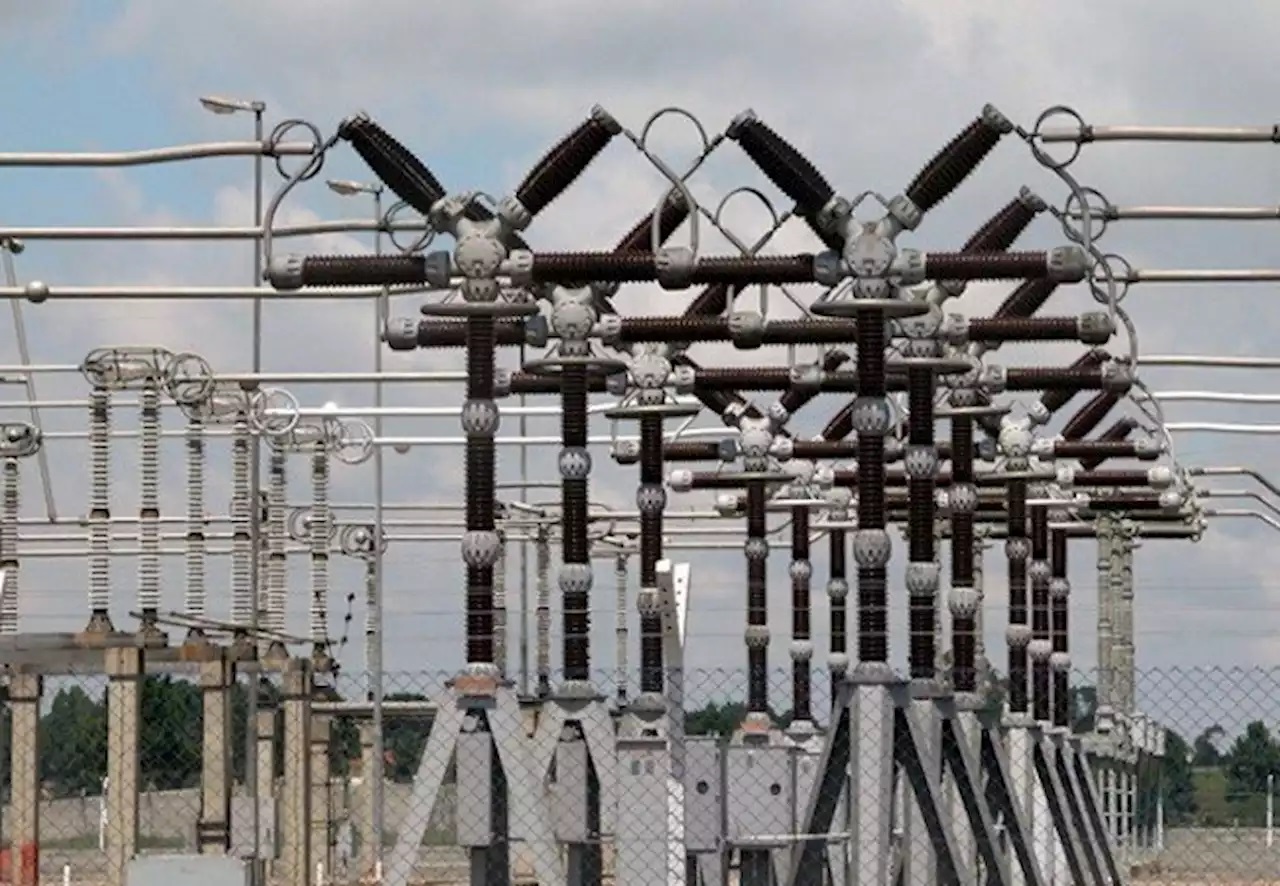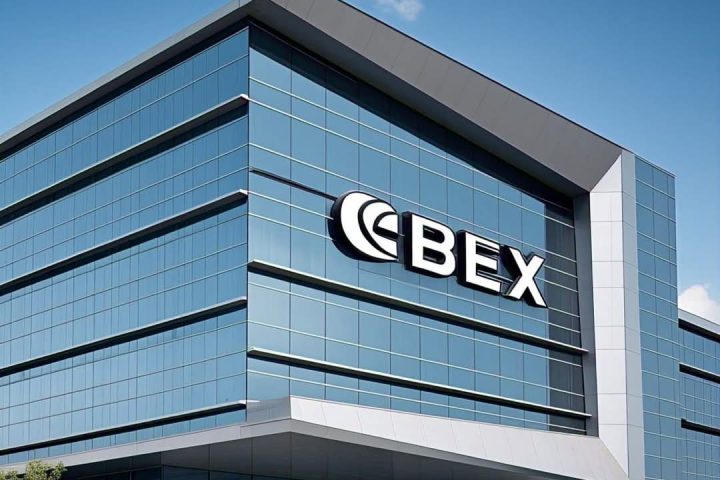International consumers owe Nigeria over $51 million for electricity exported to them in 2023, according to the latest data from the Federal Government.
This non-payment, covering various quarters of the year, has drawn sharp criticism from the Nigerian Electricity Regulatory Commission (NERC).
Join our WhatsApp Channel“The failure to remit payments is a clear sign of payment indiscipline that must be addressed immediately,” said NERC. The Market Operator, a division of the Transmission Company of Nigeria responsible for the country’s power export, is urged to take stringent measures to ensure compliance.
A detailed analysis of the industry data revealed that international consumers did not remit $16.11 million, $11.97 million, $11.16 million, and $12.02 million for electricity supplied in the first, second, third, and fourth quarters of 2023 respectively. Additionally, another group of bilateral power consumers did not pay about N7.61 billion during the same period.
In the first quarter of 2023, NERC reported, “None of the international customers made any payment against the cumulative $16.11 million invoice issued to them. This includes entities such as Paras-SBEE ($3.46 million), Transcorp-SBEE ($3.85 million), Mainstream-NIGELEC ($5.48 million), and Odukpani-CEET ($3.32 million).”
READ ALSO: Electricity Tariff Hike: Workers Lock Out Minister During Protest, Issue 14-day Ultimatum
The situation was similar for bilateral customers. “Out of ₦842.38 million invoiced to eight bilateral customers, only North South/Star Pipe made a remittance of ₦15.38 million against its invoice of ₦24.69 million,” NERC stated.
Nigeria’s power sector has long struggled to meet domestic electricity demand, yet continues to export power based on strategic agreements with neighboring countries like Niger, Togo, and Benin. However, the consistent non-payment from these international customers raises significant concerns.
In the second quarter of 2023, the payment issues persisted. “Out of the four international customers serviced by the Market Operator, only Transcorp-SBEE made a partial payment of $1.43 million against an invoice of $2.13 million. The remaining $11.97 million invoiced to other international customers went unpaid,” the data showed.
For bilateral power consumers, NERC noted, “Cumulatively, bilateral customers paid ₦816.66 million against a total invoice of ₦2.845 billion issued in the second quarter.”
The third quarter saw no improvement. “None of the four international customers made any payment against the cumulative invoice of $11.16 million issued for services rendered. Similarly, none of the 16 bilateral customers paid any part of the ₦2.814 billion invoiced to them,” NERC reported.
In the final quarter of 2023, the non-payment trend continued. “No international customer made any payment against the $12.02 million invoiced. Similarly, no bilateral customer paid against the cumulative invoice of ₦1.952 billion issued,” NERC confirmed.
Reacting to the persistent non-remittance, Uket Obonga, the National Secretary of the Nigeria Electricity Consumer Advocacy Network, expressed disbelief. “Why should international customers continue to owe Nigeria when there is inadequate power supply within the country?” he questioned.
Obonga highlighted a World Bank report, which states that around 90 million Nigerians are not connected to the national electricity grid. “China, with a population of about 1.4 billion, has approximately 68 million people without electricity. Compare that to Nigeria’s 90 million. Despite this, we are exporting electricity, a scarce commodity our people need desperately. What economic sense does that make?” he argued.
NERC has reiterated the need for strict enforcement of payment rules to ensure compliance from international and bilateral customers. The regulatory body emphasized that the Market Operator must invoke market rules to curb the payment indiscipline exhibited by various market participants.
Emmanuel Ochayi is a journalist. He is a graduate of the University of Lagos, School of first choice and the nations pride. Emmanuel is keen on exploring writing angles in different areas, including Business, climate change, politics, Education, and others.
- Emmanuel Ochayihttps://www.primebusiness.africa/author/ochayi/
- Emmanuel Ochayihttps://www.primebusiness.africa/author/ochayi/
- Emmanuel Ochayihttps://www.primebusiness.africa/author/ochayi/
- Emmanuel Ochayihttps://www.primebusiness.africa/author/ochayi/



















Follow Us